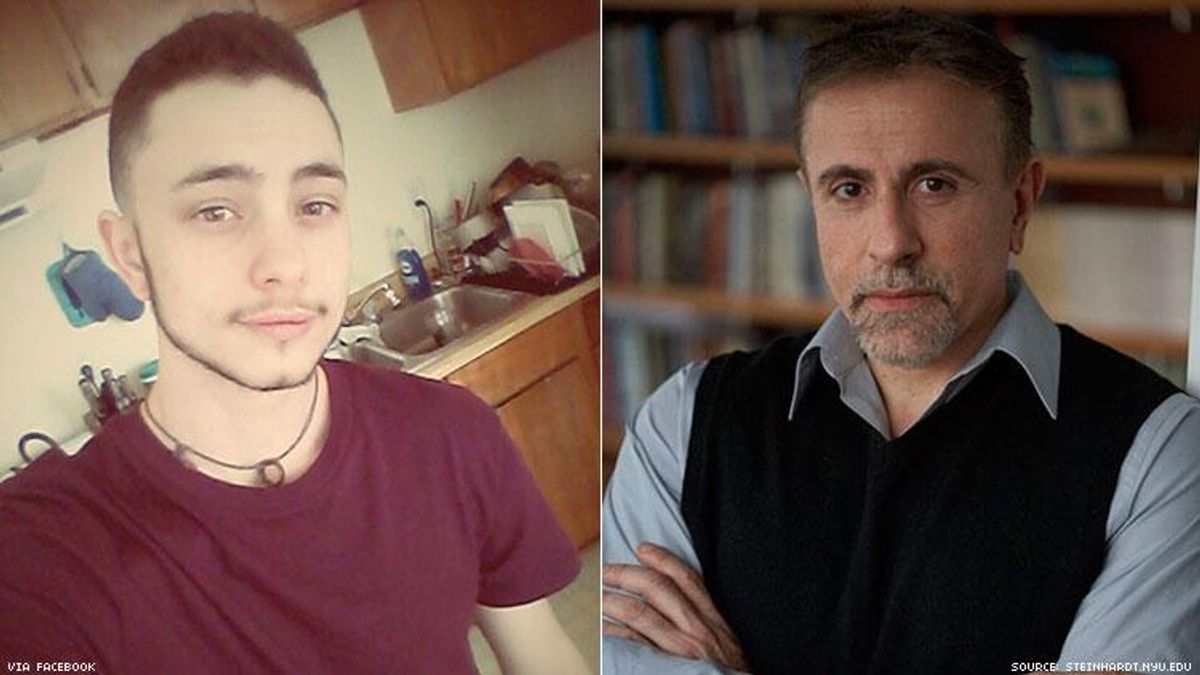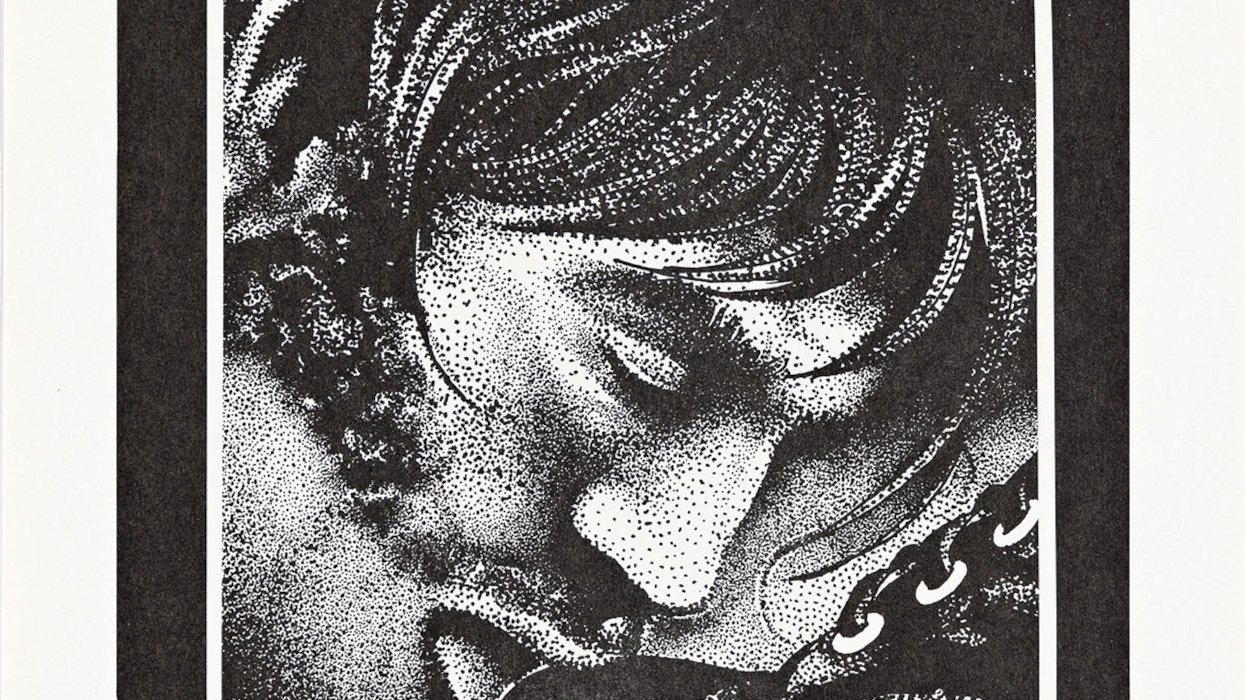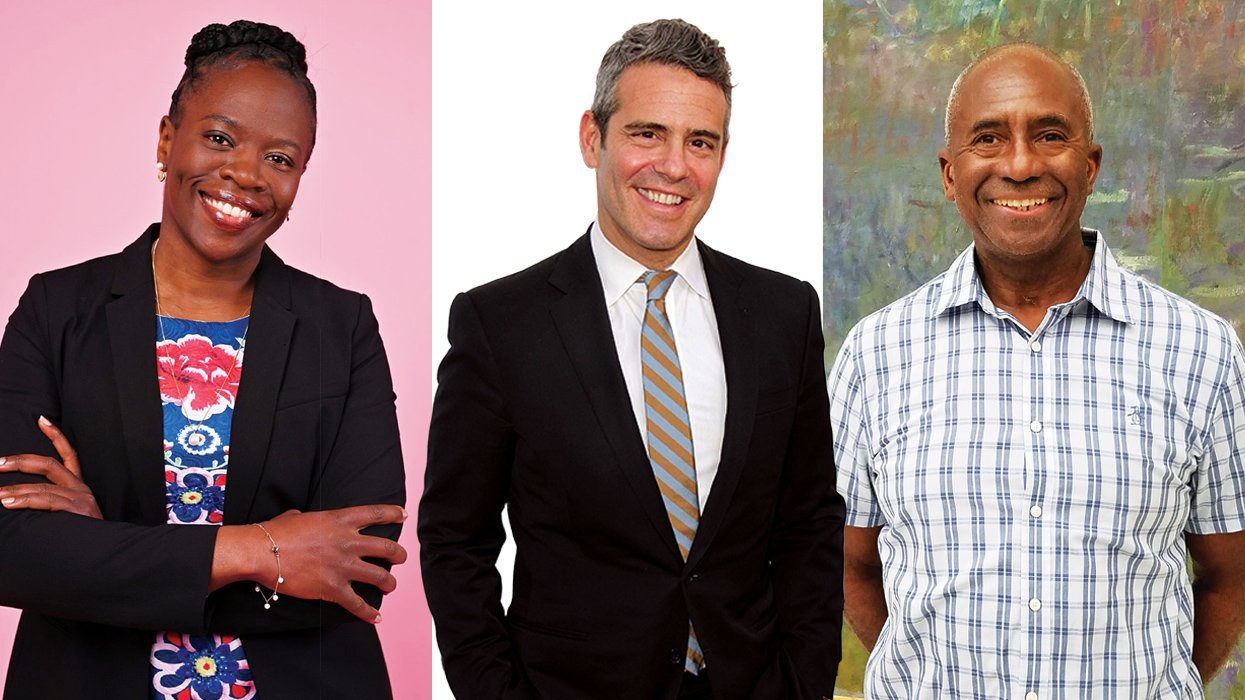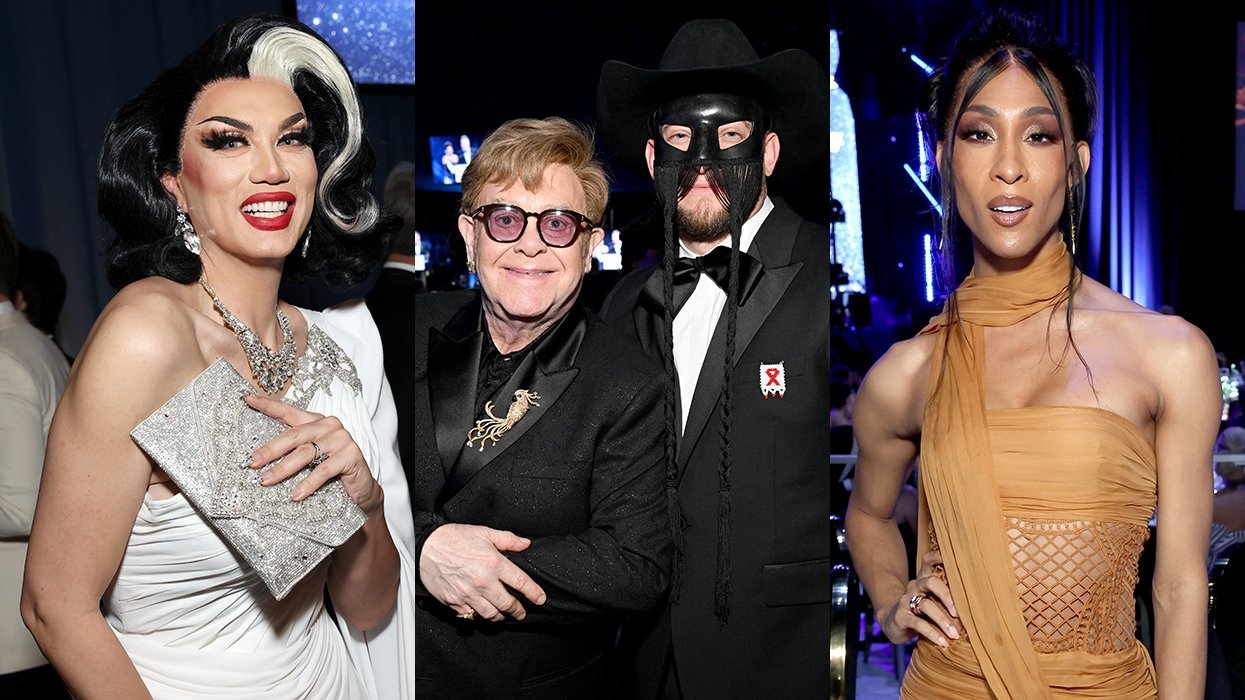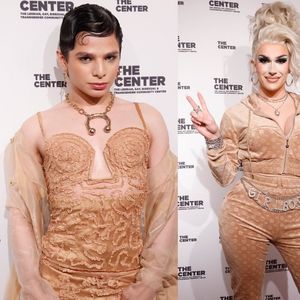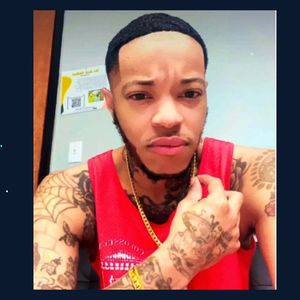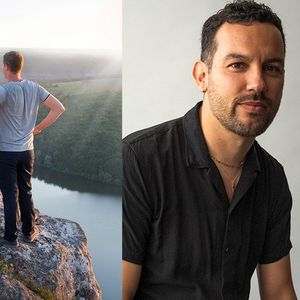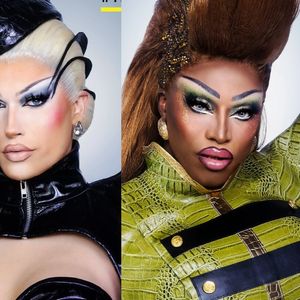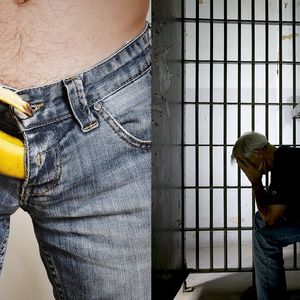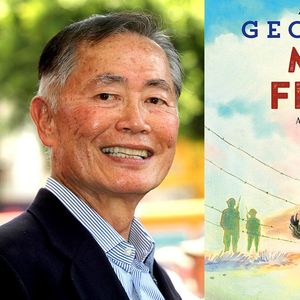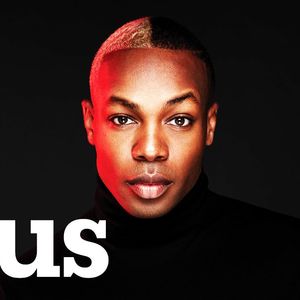Plus contributor Cole Hayes talked to Perry Halkitis the dean of the School of Public Health at Rutgers University about HIV and the trans male community. Just as Judith Butler shook up the feminist establishment with her seminal book Gender Trouble, where she argued that there was no fixed female identity, trans youth are defining their lives using their terms. Halkitis and Hayes' conversation bridges the generations.
COLE: The topic of transgender visibility has led to a call to action on this topic of PrEP. How do we go about getting a study done on the trans male community in regards to PrEP use?
PERRY: Part of the problem with the PrEP trials is the trans population have always been a small portion of this much larger sample. Interestingly and coincidentally, recently a call came out from the National Institute of Health (NIH) for a brand application focused completely on the health of the trans population. What it signals is an increased understanding, certainly on the part of researchers and certainly on the part of NIH that studies of trans folks have to be done separate-- not lumped in with other LGB people.
It seems like Pre SRS [pre gender reassignmnet surgery] trans men who are using PrEP are having to rely the studies done on cisgender women but hormones change everything. And so one of the biggest questions is how much of this information is accurate for trans men? Especially because the number of trans men in the adult entertainment industry is growing.
The problem I see in the literature, reminds me very much of the early days of AIDS when all of the trials on medication were being done on men and then what ended up happening is the women started taking meds and having really awful side effects. Somebody should have thought, 'You know, we should have women in these trials too.'
I think there is a parallel there. I will tell you that from where I sit as a researcher, I’ve had this cohort study that's been going on now for eight years called the P18 Cohort Study. The folks in the study were 18 when they started, a sub set of them are transitioning. We've been funded for two cycles and we're going back next year. We're going to ask for more money to study the trans and non-conforming folks separately because we can't keep studying them the same. I say that to you because I'm thinking about it and the NIH is thinking about it. It's always a little late right? It happens because of activist and they fight for these rights and then eventually the scientific community catches on. We've been struggling with this with our cohort study for five years now. We tried to get funding two years ago, we didn't succeed. But now there seems to be a pot of money being put aside for the population. The more representations there are of trans men and women and gender non conforming folks, the media is always ahead of the curve but science has to catch up.
I think a lot of it is my generation of trans people. We see the people that we come from and everything they've done as far as paving the way and it's that point where it feels like the LGBT community is getting ready to break out. We need things for us and it's time that you see us. It's the fastest way, I think, to make change.
I'm writing a book right now called Out in Time. It's a book about gay men but it's looking at the coming out process of gay men across three generations I interviewed 23 men. I've defined the generations as The Stonewall Generation, The AIDS Generation and your generation which I've called The Queer Generation. During the interviews of the people of your generation, the issues of not existing in these little boxes, the notions of gender and sexual orientation were front and center in these interviews. So the young guys talked very clearly about trans men and women than the guys in my generation, they didn't even talk about that stuff. Your generation is paving the way and I have the data to prove it.
Looking back at what your generation and the one before has had to deal with, makes my generation angry. We're going, 'Okay, so what do we need to do to get people to pay attention and what are the steps we need to take to get people to understand?' Whether it's trans, gay or queer. We're all together but we all deserve different types of attention, information and treatment.
Each generation has its own struggle and each manages this struggle in the way that they can. Stonewall was about rights, my generation was about staying alive and yours is very much about this notion that the LGBT community is not monolithic and we've got to stop treating it that way. Saying 'hey, we don't all look and act the same way and we call have very different needs', is exactly what we need to talk about.
It's a tightrope when you're talking about being trans and gay. It's a weird position to be in because you're in both spots at the same time but you're also separate. So, you're wondering how this is going to affect you? That lack of information keeps people from taking the steps needed in order to be safe.
It is a tightrope but there are certain things in your life that are going to speak to one half of your identity over the other. So, how do we create a space where people can be comfortable enough to come forward and get the healthcare they need. The CDC lumps us all together and thinks that trans men and gay men and MSM heterosexuals are all the same and enough is enough.
It's going to take a long time for that kind of thinking to change. You hear that kind of talk even within the LGBT community itself. I've heard Lesbians say that trans men are the same thing as Lesbians. That they're no different. It's mind blowing. It's really frustrating, especially when it comes from your own community. There is a lot that needs to change but I think we're on the right track with research opening up to the idea of separating groups to study them appropriately.
We all have very different needs. I say to my HIV class, 'my experience as a gay white man who is HIV positive, is very different because I come from privilege.” Until we start recognizing differences, it's going to take time. We have to fight against that. When you disrespect my identity you compromise my health.
I hope we're on the right track.
You are on the right track because your generation is leading it. It's going to be up to my generation to support you.
I just had one more question. In your position now, what challenges you do you think lie ahead?
I tried years ago to get extra funding because I wanted to address these issues. At Rutgers right now I'm convening a group that's called the Gender and Sexuality Work Group and what is interesting and challenging... is that I do experience some tension that exists on issues of gender and sexuality. The challenge is trying to manage these conversations in a way that recognize that one doesn't have to be at the expense of the other. That's my job as a leader to do that. It's not just about the hormones and biology, there is psychology and social conditions. When you treat the health of a trans person you have to think about all of those things — we're trying really hard at Rutgers.
